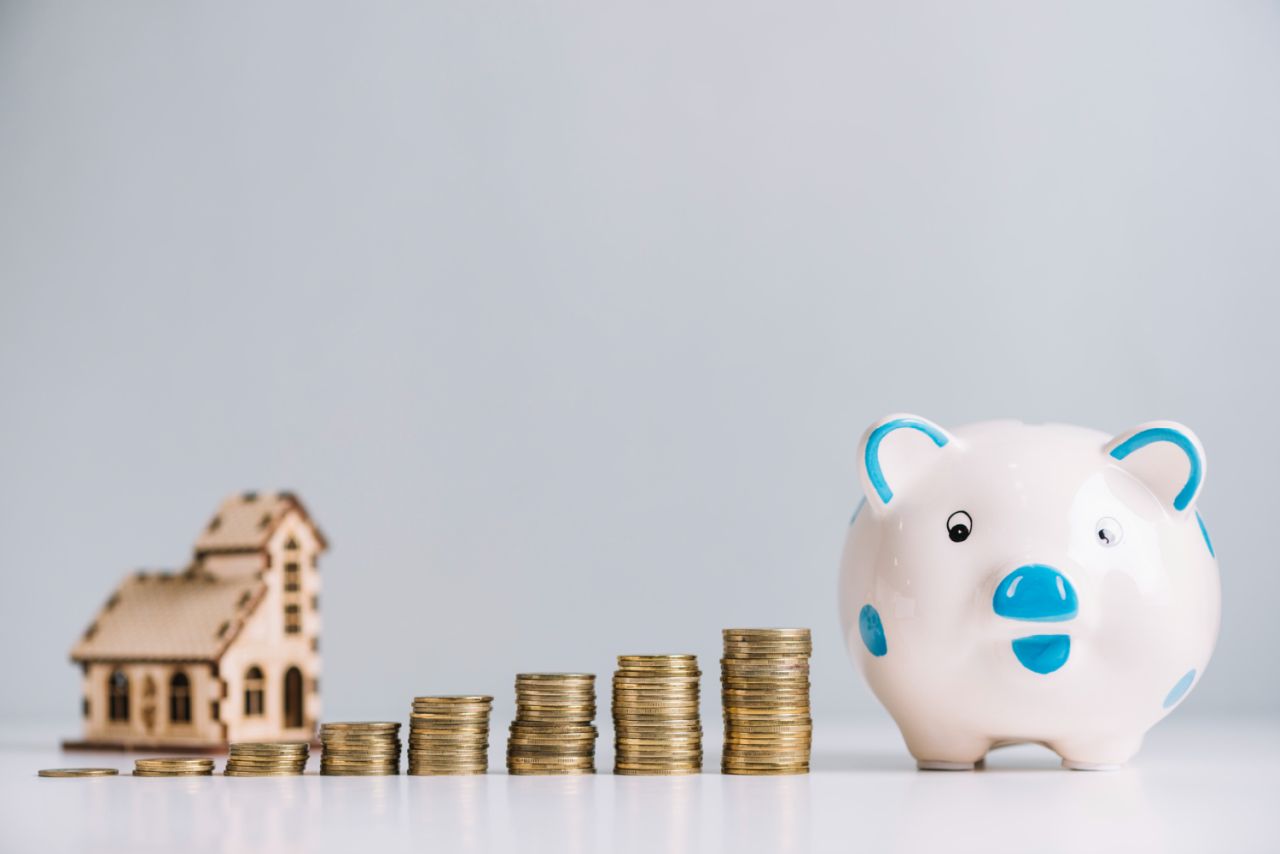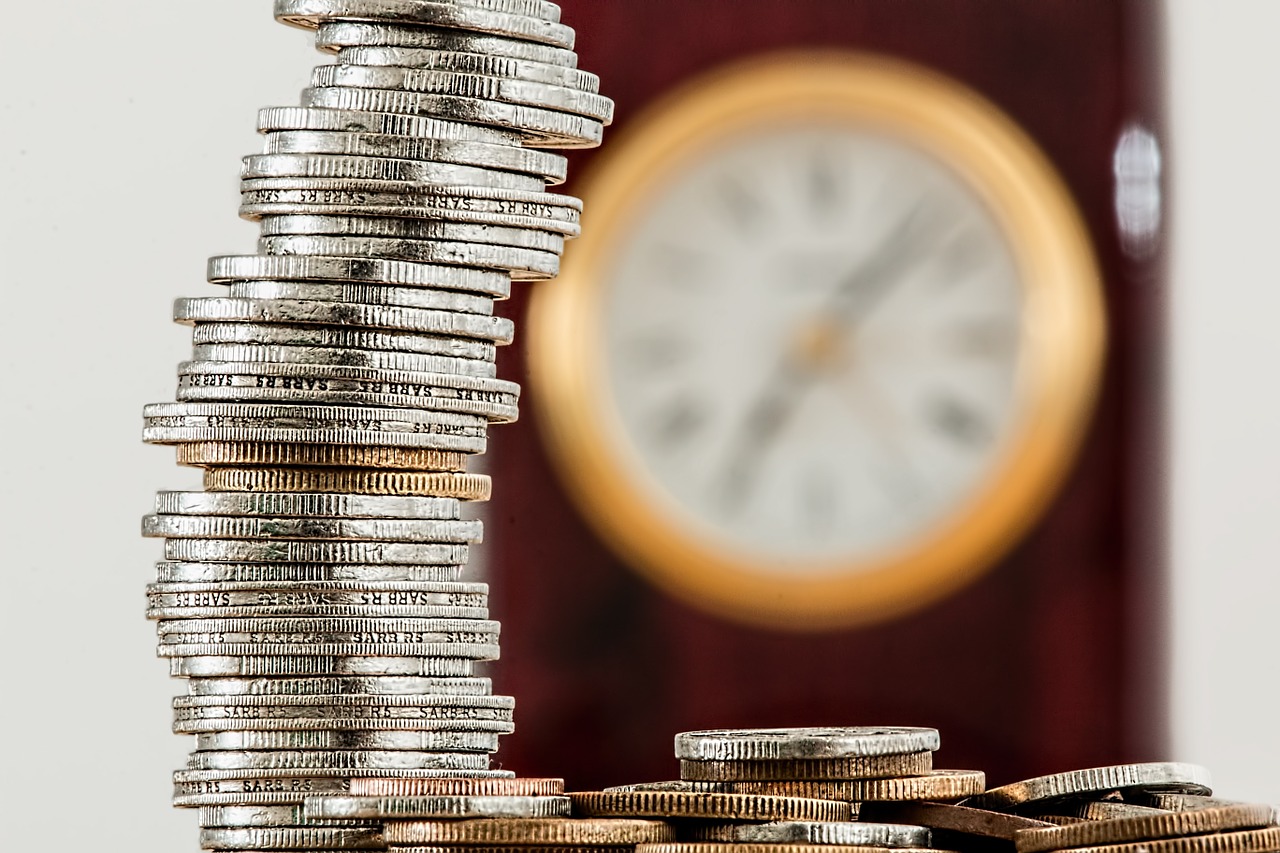If you get a tax refund every year, this can be a good moment to start saving money, get rid of debt, or do something "long-term" for your children.
Before you dash off to spend your tax refund at the stores this year, take a moment to think about how it might have the most significant influence on your life and your finances.
The following shrewd suggestions regarding money have the potential to assist you in becoming more financially secure.
1. Super contribution top-up
According to the Australian Securities and Investments Commission (ASIC), a single person who retires at the age of 65 and leads a "modest" lifestyle (with yearly living expenses of approximately $23,000) will need $300,000 in today's money to be able to retire comfortably. Those who want to retire with a "comfortable" lifestyle (which has annual living expenses of $41,830) will require at least $544,000 to do so.
These are really large numbers when compared to the majority of us. Increasing your contributions to your superannuation account at an earlier stage buys you more time for your funds to accumulate.
Simply deposit your tax return into your superannuation fund by following the instructions provided by your superannuation fund or advisor; your "future self" will be grateful to you for doing so when you reach retirement age.
2. Get over $300 worth of work-related equipment now to get a bigger deduction on your tax return the following year.
Using your tax refund could be an excellent alternative for you if you have been delaying purchasing any expensive work-related things such as computers, tools, or equipment because of the cost involved.
If an item relevant to your job costs more than $300, you are required to depreciate that item over the "effective life" of the item. If you wait until the end of the fiscal year to purchase these products, the benefit that you receive on your subsequent tax return will be negligible.
On the other hand, if you purchase the item in the middle of the year, say in July or August, your depreciation computation will cover a longer period of time, resulting in a larger deduction on your subsequent tax return. This can be made much easier for you with the assistance of your tax agent.
Putting up some of your tax refunds for your children's future education could give them greater opportunities down the road.
3. Save your tax refund for your kids in a term deposit.
You should set some of your annual tax refunds aside in a savings account so that you will be able to pay for your children's upcoming expensive bills in the future. If you put your tax return into a long-term deposit or any other secure investment that earns interest over the long term, you'll have money set aside for your children's future college expenses or their first vehicle.
When your kids are older, you'll be able to give them a helping hand without completely emptying your pocketbook in the process.
4. Pay off loans or credit card debt
Have you been trying to pay off a personal loan or a credit card debt for what seems like an eternity now?
Think about using your tax return towards paying off or reducing the balance on one of your credit cards. When you pay off more of your principal, the amount of interest you have to pay each month will go down. After you have paid off all of your debts, you should start spending your money on things you want rather than contributing to the bank's profits by making interest payments on credit cards.
5. Put your tax refund into a mortgage offset account
If you already have a mortgage, the financial institution that is providing your mortgage generally gives you the option to "mortgage offset."
A savings account is what is known as a mortgage offset account. Instead of collecting interest on your savings each month, the balance in your offset account is removed from your outstanding mortgage loan balance when the interest portion of your mortgage payment is calculated.
You will ultimately wind up paying less interest on your mortgage, which will result in you keeping more of the money you pay each month. You will be able to pay off your house loan sooner and spend less of your money on interest charges while the balance in your offset account will still be available for you to use in the event of an unexpected expense.
Saving your tax refund could help you retire quite a lot earlier
That is not an overstatement at all. It is authentic, particularly if you begin doing it at a young age. Let's look at a simple example:
Edward has reached the age of 25. His annual tax refund amounts to approximately two thousand dollars.
In 2019, Edward began depositing his annual tax refund into a savings account that he had specifically established for the purpose of saving money and not spending it. He visited a number of financial institutions in order to choose the one that offered the most favourable interest rate. To guarantee that he is receiving an acceptable interest rate from the banks, he will do that procedure once every year. And very soon, he will move the money into a term deposit in order to get a better interest rate while still maintaining access to cash in the event that there is an emergency.
Let's find out what happens to Edward's savings of two thousand dollars he gets from the government once a year.
Where not to spend your tax refund
Just by sitting there and looking at a pokie machine or website that is eating their salary – or their tax refund – Australians burn through billions of dollars every single month. In general, playing pokies is a surefire method to lose money in a short amount of time.
Australians are the world's most prolific gamblers, in no little part due to the fact that their government has encouraged the proliferation of gambling outlets around the country as well as online. (Pokies and internet betting have been regulated or outright prohibited in many nations.) The amount of money lost by Australians each year is approximately $24 billion, with more than half of that sum going straight into slot machines.
Pokie machine manufacturers combine technology and cognitive science to give the illusion that the gamer is winning or at least staying even, when in reality the player is losing money. Gambling machine manufacturers are also coming up with innovative approaches to attract members of younger generations to the gambling industry. Companies that offer betting online are likewise working very hard on developing new strategies and expanding their marketing.
We recommend that if you want to give away your tax return, you donate it to a person who is in need or to a charity; this will make you feel happier than if you gave all of that money to a slot machine would have made you feel if you had done so.
Gambling is intriguing for a number of reasons, one of which is the fact that it can be conceptualised as an indirect form of taxation. Gambling is permitted throughout Australia despite the high level of taxation that is levied on the activity.
10 Easy Ways to Pay Less Tax
1. Maintain correct tax records (it's easy with the right procedure)
For tax deduction claims, you must have receipts that you can present to the ATO if they enquire about your deductions. The ATO is currently requesting a lot of information regarding tax deductions.
Every year, thousands of individuals fail to claim deductions that they are entitled to but could have done so. The Australian Taxation Office (ATO) keeps hundreds of millions of dollars in tax refunds that could have been sent to customers instead.
Do you keep a record of every deduction that you make?
Make sure to keep track of all of your receipts, since doing so will assist you in remembering everything that can be deducted. Because of this, the amount of your tax refund will be raised.
Keeping records doesn't have to be complicated. Downloading statements, keeping logbooks current, and organising all receipts should take no more than five to ten minutes per week of your time. We guarantee that it will save you a tonne of time at the end of the year, and you will pay less tax as a result!
2. Donations to charities are tax deductible
Did you know that if you donate more than $2 to a charity that is registered with the government, your donation is eligible for a tax deduction?
It's always a good thing to donate to charity, but it's an even better idea when you can deduct the donation from the amount of taxes you owe. That's a situation in which everybody wins.
You are required to acquire a receipt after making a donation of any amount. Don't forget to put it in the ring binder with your other receipts! When the time comes to file your taxes, compile all of the receipts you received from charity organisations and enter the total amount into the space provided on the tax form for charitable contributions.
Regarding donations, it is important to be clear that your gifts will not immediately be deducted from your tax refund. Since the amount is subtracted from your taxable income, you are entitled to a refund of some of the money.
3. Claim every tax deduction you are eligible for
Claim expenses that are directly related to your work, such as your commute, to increase your tax refund and reduce the amount of tax that you owe.
In general, it is important to ensure that you claim any costs that you incur in conjunction with "producing your income."
Even if you bought something partly for work and partly for personal use, you are still allowed to deduct from your taxable income the percentage of the item's cost that was directly related to the performance of your job.
4. Get Tax Agent Advice at a Reasonable Price
Typically, working with a tax advisor or accountant will increase your tax refund or net payable in addition to saving you a tonne of time.
5. Private health insurance vs. the Medicare Levy Surcharge
Making the most of your tax refund is crucial.
A minimum 1 percent Medicare Levy Surcharge is required if you don't have private hospital insurance and your income is more than $90,000 for singles or $180,000 for families. This is in addition to the mandatory 2.0 percent Medicare levy that the majority of taxpayers pay.
Because a basic plan can be obtained for less than one percent of your gross income, which is less than the Medicare levy you would be required to pay if you did not have insurance, it is possible that it is worthwhile to consider purchasing private health insurance. (Personally owned health insurance also comes with a number of additional advantages, such as shorter wait times.)
Before you get a private health insurance policy, you should do some research. Make sure that when you walk outside you do so in a way that is suitable for both your circumstances and your finances.
6. Manage the timing of your tax-deductible expenses
If you know ahead of time that you'll have significant tax-deductible expenses, you might be able to pick the fiscal year in which to make your purchases. Making the most of your current tax deductions might be vital, especially if you operate as a sole proprietor.
It might be ideal to buy your item just before the tax year ends, for instance, if you have a sizable tax-deductible spend and your income for that year will push you up to the next tax level. As a result, your taxable income for that year will decrease, perhaps putting you in a lower tax category.
On the other hand, if you take an unpaid vacation or a hiatus from work during a year when your income (and taxes) are lower, it might be best to put off buying larger tax-deductible products until a later year when your income and taxes would increase (so you have more tax to save). This will enable you to save more money by lowering the tax you pay on the higher tax bracket.
Another way to put this concept is as follows: Accept the item in the financial year when your revenue will be larger if you need to purchase an expensive work-related item late in the fiscal year (1 July to 30 June). Doing so can increase the value of your tax deduction (and your tax refunds).
7. Investments affect your taxes
Investing may also significantly lower your tax burden, depending on your financial situation or other factors.
However, not everyone will experience this. Speak with your financial adviser before deciding to invest so they can help you determine whether an investment is right for you. Keep in mind that the investment should benefit you both now and in the future; there is no point in saving a little bit of tax now if a bad investment causes you to lose your initial capital over time.
8. Paying off your mortgage can reduce taxes
Because you typically pay taxes on your interest income from savings, if you are a heavy saver, you may have a significant tax bill at the end of the year.
When purchasing your own house, you can accomplish two goals at once by applying savings to your mortgage. In addition to paying off your mortgage, you also stop paying taxes on the money. In most cases, the overpayment is still usable as a re-draw if you ever need to spend some of the funds. It might be wonderful to see your home debt decrease over time, which may cause you to reconsider investing.
You can still lower your mortgage interest rates by using an offset account if you need to save money that you can easily access.
Consulting a financial advisor can help you develop the ideal mortgage and personal money management strategy for your needs.
9. Adjust your finances with your partner
If you live with a partner, you may be able to change your finances so that your tax situation is optimised.
For instance, if a couple has joint savings that are producing interest in a short-term account, it would be advantageous to invest that money in the name of the person with the lowest income because they will pay the least tax on the interest produced on those funds. You can take advantage of this with the aid of your financial counsellor.
10. Selling Assets? Pay attention to the details
Do you intend to sell a capital gain-taxable (CGT) asset? One of the most typical examples is a house that has ever been rented out or a rental property.
There are several things to think about if you sell an asset that results in CGT.
How much time have you had the asset? You can be eligible for a 50% capital gains deduction if you've owned the asset for more than a year. You will have to pay higher CGT if you haven't owned the investment for at least a year.
Your income varies, do you? If so, since your capital gain won't affect your tax liability, you may decide to sell the item in a year where you anticipate earning a lower payment.
Asking a tax professional for advice on how selling assets may effect your taxes is a good idea because the details can get intricate.



